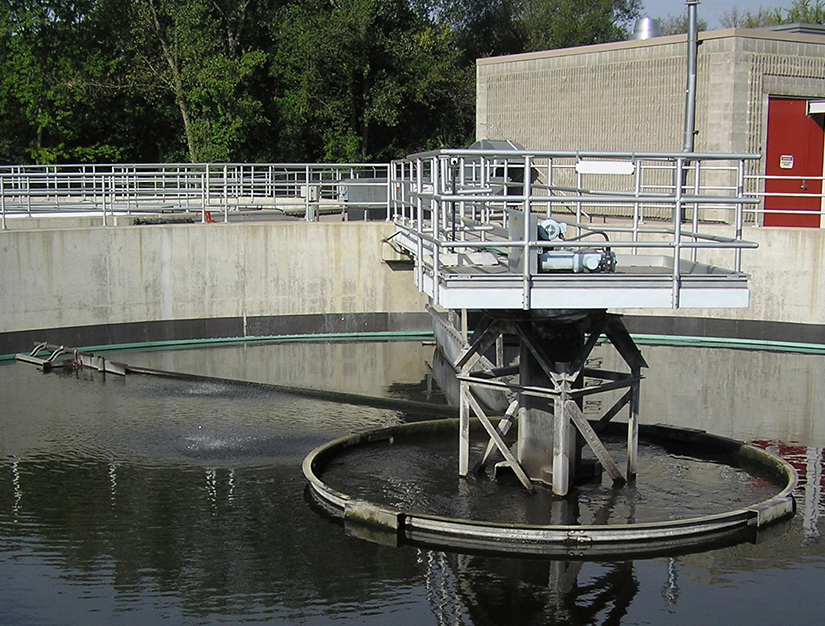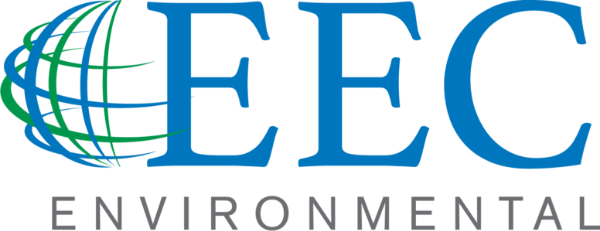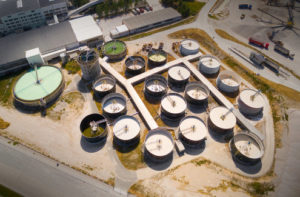 The treatment of wastewater is essential to ensuring public health and clean water. The process involves converting the wastewater into an effluent, or an outflowing of water to a receiving body of water, which can be directly reused or returned to the water cycle with minimal impact on the environment. However, before treated wastewater can be discharged to the water cycle, it must comply with local, state, and federal regulations. So, how can wastewater treatment facilities and entities that produce wastewater remain compliant with these regulations?
The treatment of wastewater is essential to ensuring public health and clean water. The process involves converting the wastewater into an effluent, or an outflowing of water to a receiving body of water, which can be directly reused or returned to the water cycle with minimal impact on the environment. However, before treated wastewater can be discharged to the water cycle, it must comply with local, state, and federal regulations. So, how can wastewater treatment facilities and entities that produce wastewater remain compliant with these regulations?
Federal State and Local Regulations
The Clean Water Act (CWA) prohibits the discharging of pollutants from a point source into a water of the United States unless they have a National Pollutant Discharge Elimination System (NPDES) permit. The permit provides control for technology-based and water quality-based limits.
The national pretreatment program, a component of the NPDES program, is a cooperative effort of the federal, state, and local levels of environmental regulatory agencies that have been established to protect water quality. Local municipalities can then perform permitting, administrative, and enforcement tasks for discharges into the municipalities’ publicly owned treatment works (POTWs).
Wastewater Treatment Compliance
EEC Environmental (EEC) conducts local limits evaluations, develops industrial pretreatment ordinances and enforcement response plans, and assists in industrial user permitting. EEC also designs and builds wastewater pretreatment systems and performs pretreatment system evaluations for flows up to 2.5 millions of gallons per day (MGD).
Our team has unique expertise in developing technically based local limits and ensuring that industrial users have reasonable discharge permits. EEC has also created and conducts an operator training program for industrial wastewater dischargers and assists industries in achieving compliance with their wastewater discharge requirements.
EEC has developed a strong national reputation for helping public agencies, private industries, and commercial businesses come into complete compliance with their environmental regulations. We have experience negotiating favorable permit conditions for our clients resulting in reasonable regulations and millions of dollars in savings.



